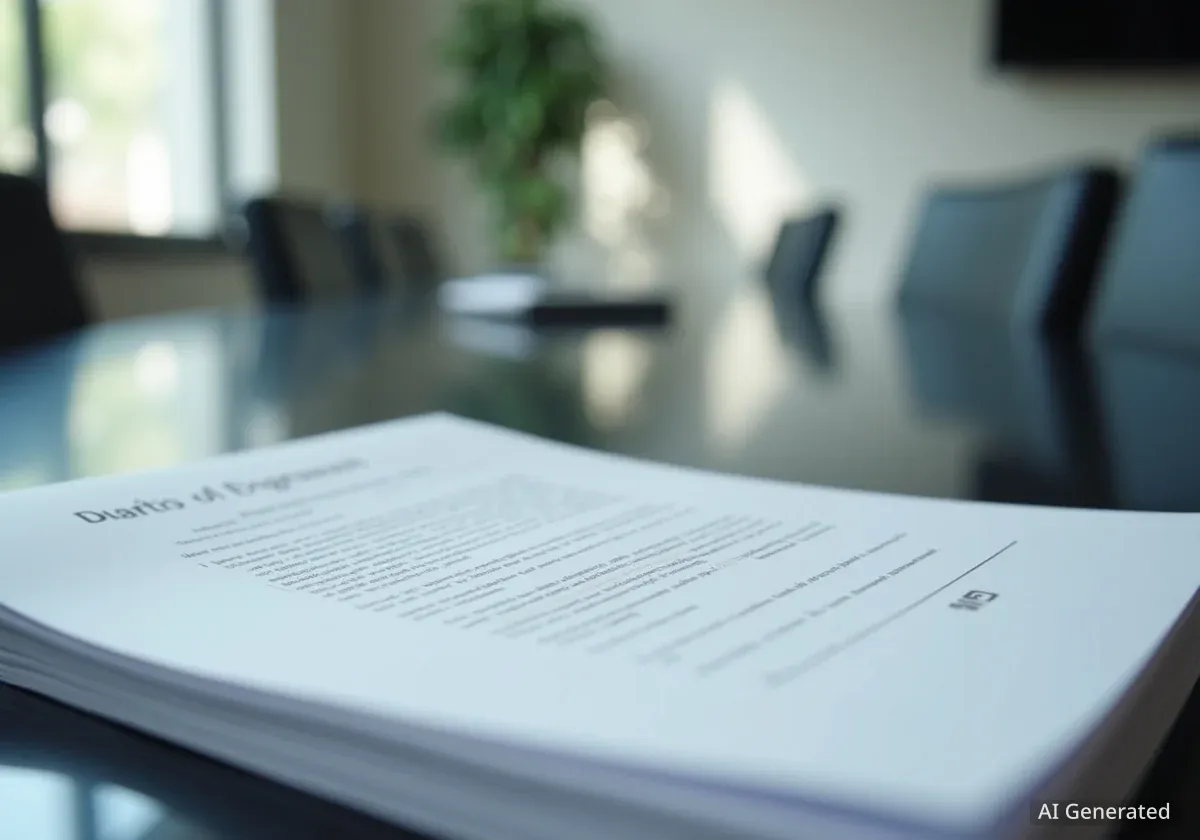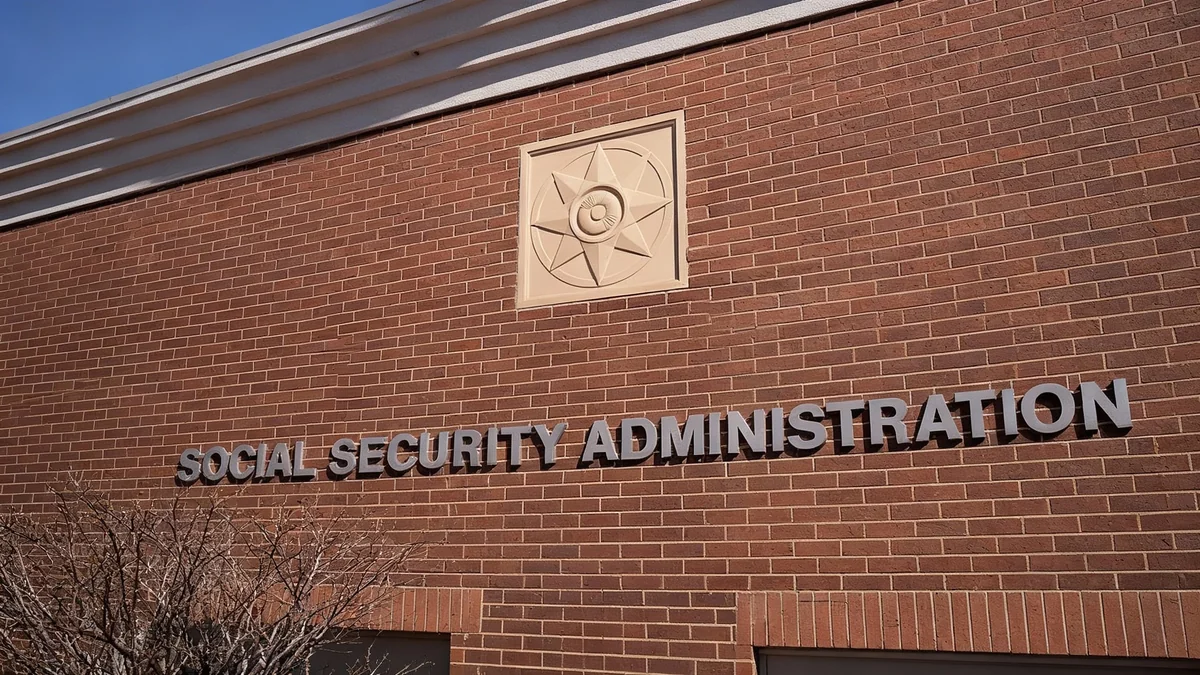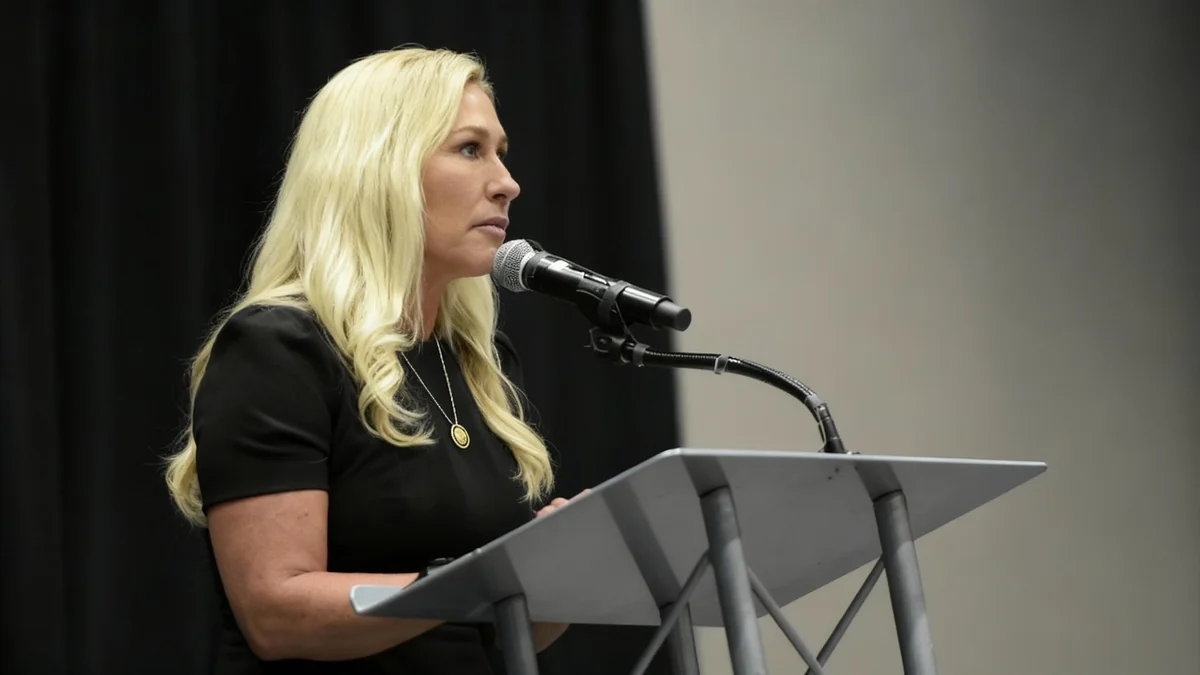The law firm Husch Blackwell is facing a proposed class-action lawsuit alleging it systematically delayed depositing employee 401(k) contributions, instead using the funds for its own operating expenses. The complaint, filed by a former partner, claims this practice violated federal retirement laws and deprived employees of potential investment gains.
Key Takeaways
- A lawsuit alleges Husch Blackwell withheld employee 401(k) funds for months before depositing them into retirement accounts.
- The plaintiff, a former partner, claims the firm used this money to cover its own operational costs.
- The legal action seeks to represent a class of approximately 400 employees and recover profits the firm may have earned with the funds.
- The core of the lawsuit is an alleged violation of the Employee Retirement Income Security Act (ERISA), which governs private-sector retirement plans.
Lawsuit Details Alleged 'Deliberate Scheme'
A lawsuit filed in the U.S. District Court for the Western District of Missouri accuses the law firm Husch Blackwell of engaging in what it calls a “deliberate scheme” involving employee retirement savings. The plaintiff, former partner Tyler M. Paetkau, claims the firm improperly used money deducted from employee paychecks for its 401(k) plan.
According to the complaint, Husch Blackwell would deduct retirement contributions but hold onto the funds for extended periods, sometimes for months at a time. The lawsuit alleges this money was used to pay for the firm's day-to-day operating expenses before eventually being deposited into the employee retirement plan.
This delay, the suit argues, prevented employees from investing their own money in a timely manner. As a result, plan participants lost the opportunity to earn investment returns during the period the funds were allegedly held by the firm.
Specific Allegations from the Plaintiff
The lawsuit provides a specific example involving Mr. Paetkau, who worked at the firm for just over three years before leaving in August. It states that Husch Blackwell withheld $2,475 from his paychecks between July and December 2023 for a mandatory year-end contribution.
However, these funds were not deposited into his retirement account until the first quarter of 2024. The complaint suggests this was a recurring issue.
A Significant Refund
Upon his departure from the firm, Paetkau reportedly received a refund of more than $15,000. The lawsuit claims this amount represented 401(k) contributions deducted from his pay between January and mid-August that had not yet been deposited into his retirement plan.
Understanding ERISA and Fiduciary Duty
The legal action centers on the Employee Retirement Income Security Act of 1974 (ERISA). This federal law sets minimum standards for most voluntarily established retirement and health plans in private industry to provide protection for individuals in these plans.
Under ERISA, employers have a fiduciary duty to act in the best interests of plan participants. A key part of this responsibility is the timely remittance of employee contributions to the retirement plan. The Department of Labor generally requires that employee contributions be deposited as soon as they can reasonably be segregated from the employer's general assets.
Why Timely Deposits Matter
When retirement contributions are not deposited promptly, employees lose out on a critical financial principle: time in the market. Money that is not invested cannot grow. Even a delay of a few months can result in missed opportunities for dividends, interest, and capital appreciation, which can compound significantly over the life of a retirement account.
The lawsuit against Husch Blackwell argues that by holding onto the funds, the firm breached its fiduciary duty. It alleges the firm prioritized its own financial needs over the retirement security of its employees.
Financial Impact and Class Action Scope
The primary financial harm alleged in the lawsuit is the loss of investment returns. For hundreds of employees over several months, these missed gains could represent a substantial amount of money that should have been growing in their retirement accounts.
The lawsuit seeks to restore to the 401(k) plan any profits that Husch Blackwell may have made through its use of the funds, effectively arguing the firm benefited financially from the delays.
The case aims to achieve class-action status, representing a group of approximately 400 Husch Blackwell employees. The proposed class includes individuals whose wages were withheld for retirement but not deposited into the plan by the 15th business day of the following month, a common deadline referenced in ERISA guidance.
The legal team representing Mr. Paetkau includes attorneys from Sanford Heisler Sharp McKnight and Fell Law. As of the filing, a spokesperson for Husch Blackwell had not provided a public comment on the allegations.
Broader Implications for Corporate Governance
This case highlights the strict regulations surrounding the management of employee retirement funds. Federal law treats money deducted from an employee's paycheck for a 401(k) as plan assets, not company property. Any use of these funds for purposes other than the benefit of the plan participant is strictly scrutinized.
Employers are expected to have clear processes in place to ensure contributions are segregated and deposited promptly. Failure to do so can lead to significant legal and financial consequences, including personal liability for company executives named as fiduciaries.
The outcome of this lawsuit could serve as a reminder to all companies of their legal obligations under ERISA. It underscores the importance of transparent and diligent administration of employee benefit plans, which are a cornerstone of financial security for millions of American workers.





